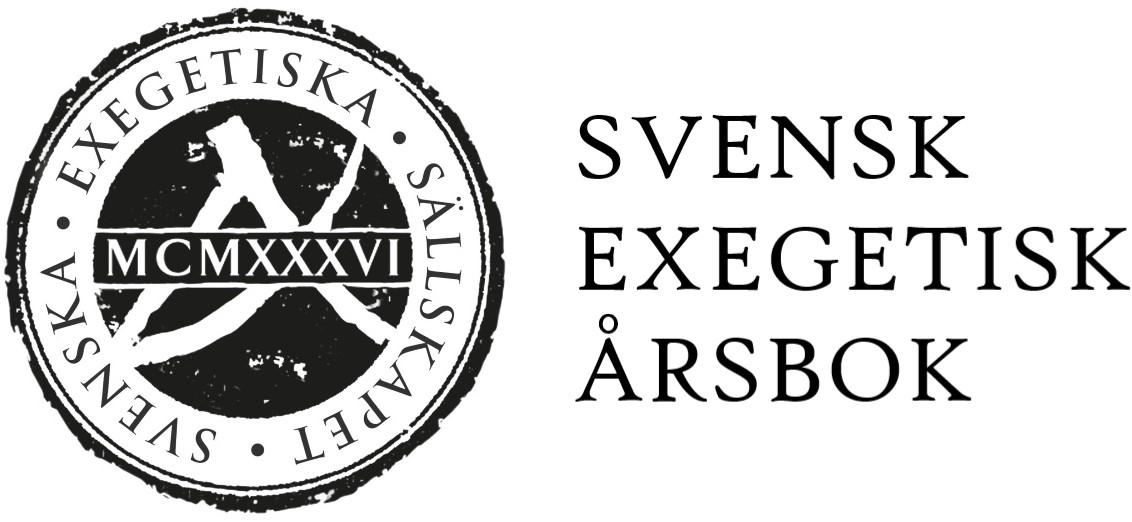About the journal
Svensk Exegetisk Årsbok [the Swedish Exegetical Annual] provides high-class exegetical research to an increasingly international audience. The journal is published once a year and features lectures from the society’s Exegetical Days, peer-reviewed articles and book reviews. Among the readers of SEÅ are scholars, teachers, and students in biblical studies, as well as people working within (Swedish) churches and the interested public. The journal has been available Open Access since 2012.





